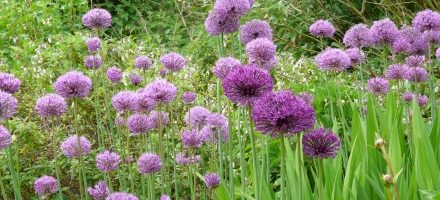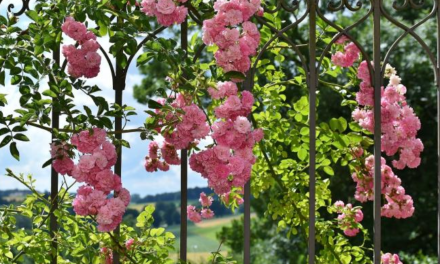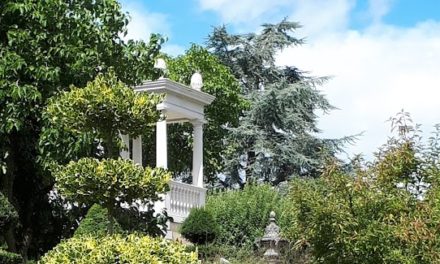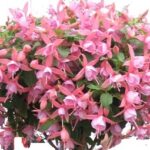Preserving the Harvest
On 25 January Orleton and District Gardening Club were delighted to welcome back Kev Alviti to give a talk entitled Preserving the Harvest.
Kev lives with his wife and three young children on a small holding where he grows his own fruit and vegetables and keeps sheep and poultry. Growing up on a farm he used to help his mother make jams and pickles. He began by dispelling the misconception that you have to grow it to preserve it, one can also buy, swap or forage.
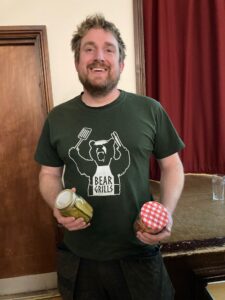 Kev built a cool frost free shed in which he dries apples and potatoes on slatted racks. He outlined several methods of preserving: fermenting – an excellent method for preserving wild garlic for use in cooking and for making sauerkraut as well as wines and beers. He makes elderflower and meadowsweet wines as well as nettle beer, advocating the use of plastic bottles for the latter to prevent explosions! Mead is made from locally sourced honey and flavoured with cherries and blueberries and must be left to ferment for at least a year.
Kev built a cool frost free shed in which he dries apples and potatoes on slatted racks. He outlined several methods of preserving: fermenting – an excellent method for preserving wild garlic for use in cooking and for making sauerkraut as well as wines and beers. He makes elderflower and meadowsweet wines as well as nettle beer, advocating the use of plastic bottles for the latter to prevent explosions! Mead is made from locally sourced honey and flavoured with cherries and blueberries and must be left to ferment for at least a year.
Although pressure canning has fallen out of favour it can be used to make stocks, soups and broths. Water bath canning is a useful method for preserving fruits with a high acid content, apples, berries and cherries. The jars of fruit sit on a rack with an inch of water on top. Kev stressed the importance of strictly adhering to the recipe to avoid the risk of botulism with both these methods.
Although Kev felt that the freezer has made us lazy he acknowledges that it is an excellent tool and freezes French and runner beans as well as his home reared chickens which are vacuum packed before freezing.
He makes his own jams, damson, blackcurrant and mulberry, advocating a 50% ratio of fruit to sugar, chutneys and vinegars.
Possibly his most indispensable tool is a dehydrator which he bought after a visit to Poland where they are very popular. Fruits are dried on 15inch square trays, apple rings dry in 24 hours and may be rehydrated with boiling water for pies and crumbles. He also dries bananas, kiwi fruits and tinned pineapple. Squashes may be dehydrated, crumbled then rehydrated for soups.
As in his previous talk Kev emphasised the pleasure he receives from sharing produce and preserving methods with friends and neighbours. His children are enthusiastic assistants and he feels it is important that children know where their food comes from. He teaches young people preserving methods although after a session making beetroot sauerkraut with eighteen six year old Beaver Scouts he feels that some activities are best conducted outside!
Ghislaine Arundale

